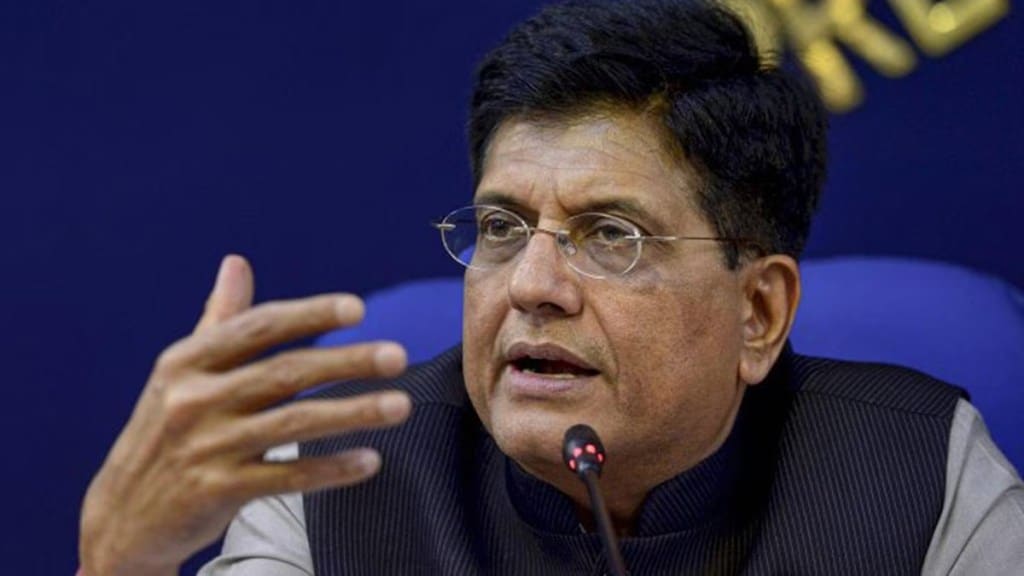Despite the calls from some quarters including the Niti Aayog for a reconsideration of India’s decision not to join the China-backed Regional Economic Partnership (RCEP), the government on Friday said it is firm on staying out of the 15-nation trade bloc.
“During the 3rd RCEP Leaders Summit held in November 2019 in Bangkok, India conveyed its position that the current structure of RCEP did not reflect the RCEP Guiding Principles or address the outstanding issues and concerns of India. There has been no change in India’s position since then,” commerce and industry minister Piyush Goyal said in a reply to a question in Rajya Sabha.
In September the World Bank in its India Development Update has also recommended reconsidering joining RCEP, citing potential boosts in trade, investment, and GDP growth. Earlier this month Chief Executive Officer of government economic think tank Niti Aayog B V R Subrahmanyam said India should be a part of RCEP and CPTPP (Comprehensive and Progressive Agreement for Trans-Pacific Partnership.
India had negotiated for six years to be a part of RCEP but in 2019 backed off from signing the agreement as it would have been in effect a free trade agreement with China. India-China bilateral trade of $ 118 billion is already skewed heavily in favour of China and the deficit with the northern neighbour is $ 85 billion.
RCEP includes 10 ASEAN group members (Brunei, Cambodia, Indonesia, Malaysia, Myanmar, Singapore, Thailand, the Philippines, Laos and Vietnam) and their six FTA partners – China, Japan, South Korea, Australia and New Zealand.
Barring China India either has FTAs with almost all the other members of RCEP. With New Zealand FTA is being explored while with Australia negotiations for a Comprehensive Economic Cooperation Agreement (CECA) are in advanced stages. The Economic Cooperation and Trade Agreement with Australia is already operational.
Post the signing of RCEP China has walked away with all the gains vis-a-vis other partners of the group.
ASEAN’s trade deficit with China has jumped from $ 135.6 billion in 2023 from $ 81.7 billion in 2020. Also, the trade deficit of major ASEAN countries Singapore, Thailand, Vietnam, Philippines has steadily increased.
Japan’s trade deficit with China has increased to $ 41.3 billion in 2023 from $22.5 billion in 2020. South Korea may face a trade deficit for the first time with China this year.
India was never part of the CPTTP negotiations which is a trade agreement between 12 countries including Japan, Malaysia, Vietnam, Australia, Singapore, Brunei, New Zealand, Canada, Mexico, Peru, and Chile. The US , which was also part of the negotiations under President Barack Obama, withdrew in 2017 on the very first day in office of Donald Trump.


